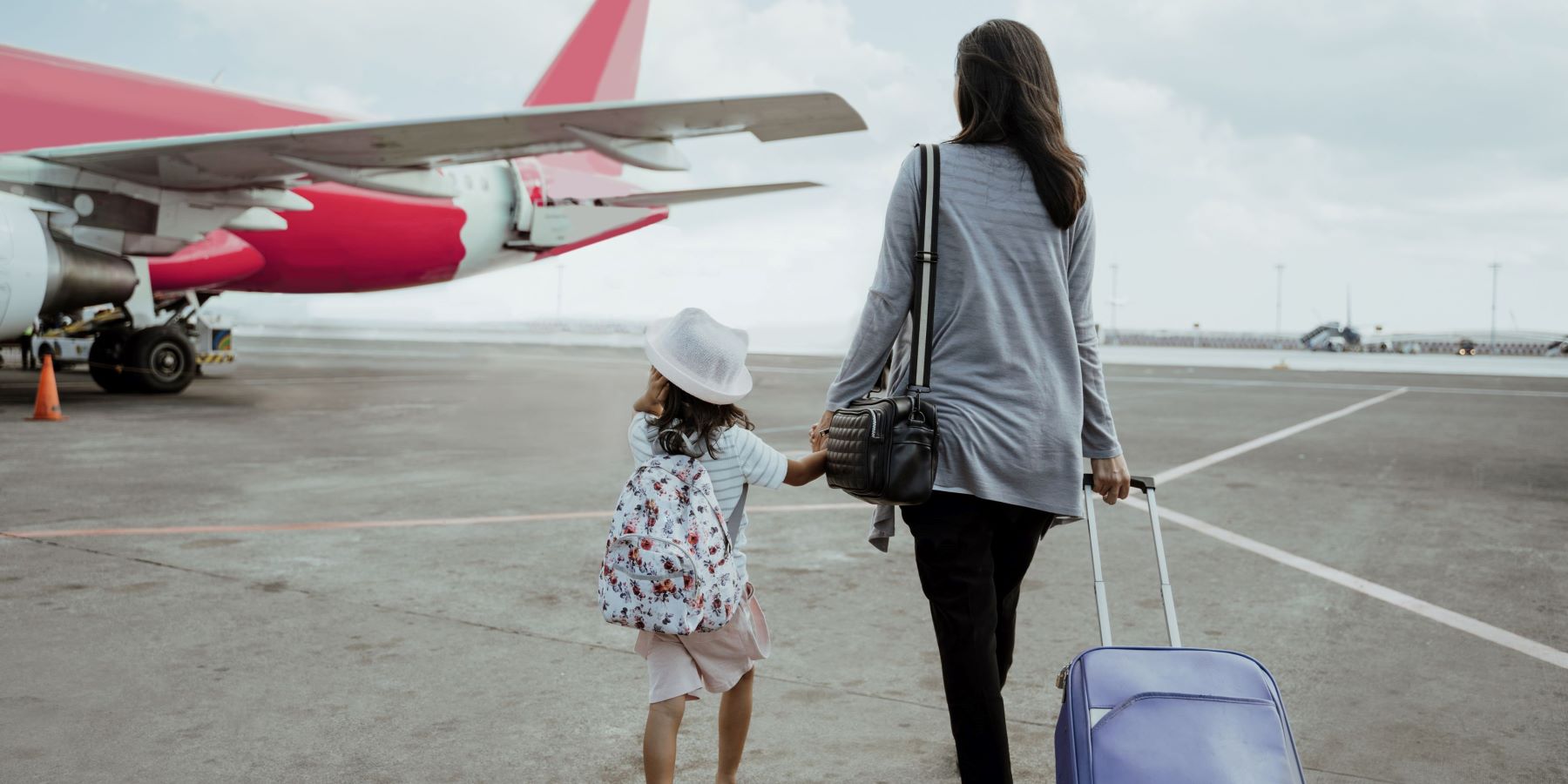While the summer vacation period is currently underway and families are travelling further afield, it is important to consider the implications of travelling abroad with your child. Specifically, have you thought about the potential scenario where you are stopped at the departure point and questioned about having the necessary permission from all individuals who have parental responsibility for your child?
If you possess a child arrangements order that designates you as the primary custodial parent, you have the legal right to take your child overseas for a maximum duration of one month, or for any duration approved by the court when granting consent for the specific trip. To prevent potential delays at passport control, it is advisable to keep a copy of the Child Arrangements Order or Court Order in your possession.
It is also important to think about the risks of travelling with your child – from health and safety issues to insurance policies and other matters. It is essential that you check whether your child’s passport is still valid (including any additional visas required) before setting off. You should also ensure that they have adequate medical insurance for the duration of the trip, as public healthcare systems may not be available or of acceptable quality in your destination country. In addition, you should discuss any potential risks with your child before the trip and ensure that they are aware of basic safety precautions.
Understanding Parental Responsibility
Parental responsibility encompasses the complete range of rights, obligations, and duties that a parent has towards their child.
Parental responsibility grants both parents equal authority in making decisions about their child’s education, selecting their child’s name, and consenting to medical intervention, among other matters.
After a child is born, mothers automatically take on parental responsibility. Fathers, on the other hand, gain parental responsibility if they were married to the child’s mother when the child was born or if their name appears on the child’s birth certificate.
It’s recommended that even parents with parental responsibility should obtain each other’s consent to travel abroad with their children. It would be wise to travel with a letter from the other parent or people with parental responsibility providing this consent. It would also be sensible to take this step even if the child’s father does not have parental responsibility (i.e. father was not married to the mother at the time of birth or not named on the birth certificate).
If you possess a surname that differs from your child’s or If you have adopted a child, it is advisable to carry a duplicate of your child’s adoption or birth certificate, which explicitly identifies you as their parent. In the event of a name modification, it is also recommended to have a duplicate of the relevant documentation while travelling.
Children Travelling Alone
When your child is travelling alone to another country to visit relatives, or friends, or go on a vacation with friends, it’s important to note that each country has its own regulations. Most countries typically require a consent form for unaccompanied children to enter. To ensure a smooth journey, it is advisable to familiarise yourself with the specific rules and regulations of both the destination and departure countries.
Certain airlines offer unaccompanied minor programs, but they have age requirements that must be met and parental consent is necessary. It is advisable to verify the specific regulations of each airline, as policies may vary, especially for children aged 16 to 18. It’s important to check before embarking on your journey. Travelling abroad as a separated parent or unaccompanied child raises concerns about “what happens if executor of will dies“, highlighting the importance of addressing this potential scenario and seeking legal guidance.
Finding an experienced legal team to help facilitate your child’s travel abroad to aid in the process of obtaining permission is of significant importance. This can involve communicating with the other parent, submitting a court application for travel authorization, or drafting letters to request permission for your child to travel overseas.

